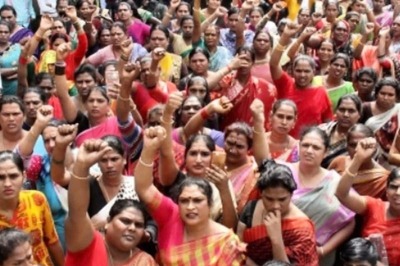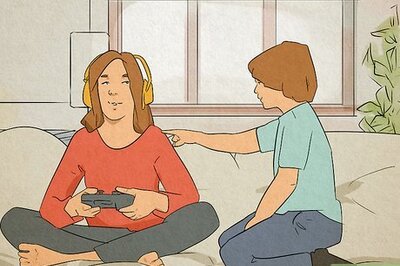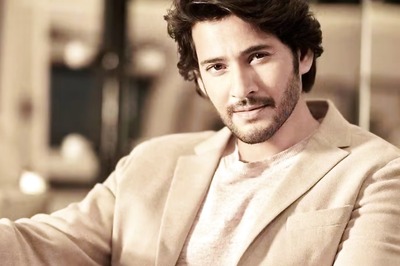
views
Washington: A new documentary film about bullying set for theaters this month could come out unrated after objections from teenaged victims, celebrities, members of Congress and others over its restrictive rating by a Hollywood studio group.
The head of the Motion Picture Association of America said on Thursday there were several options to get around the 'R' rating that would prevent people under 17-year-old from seeing the film in the United States without a parent, including releasing it without a rating.
"There are ways of doing this," said MPAA chairman Chris Dodd during an emotional debate after a screening at the group's Washington office. "One, they don't have to be rated."
Dodd added: "My hope is we can find some way to work through this."
'Bully,' set for release starting March 30, has drawn controversy over the MPAA's rating. Opponents of the group's decision say many youth need to see the film in order to tackle the problem of bullying, and its 'R' rating will prevent kids from seeing it not only in theaters but also in schools.
The MPAA, which represents Hollywood's major movie studios in governmental matters, rates films for content such as sex, violence and language to give audiences an idea of what will be in the movies they see.
In the case of 'Bully,' the movie was given its restrictive 'R' rating due to foul language. The director, so far, has declined to change the movie, arguing the language is essential to the story. The MPAA has refused to budge, too.
Harvey Weinstein, whose The Weinstein Co. is distributing the film, called Dodd's proposal of an unrated film a 'lifeline' and said 'unrated could give us the options that we want.'
The special screening just two blocks from the White House drew emotional pleas from not only director Lee Hirsch, but also from a teenaged victim and a parent who are featured in his movie, as well as another bullied teenager who started an online petition to fight the rating.
"Our reality is not censored," said Kelby Johnson, a 16-year-old from Oklahoma featured in the documentary. She said she was called worse names than those heard in the movie when she went to school, on the bus or at the mall.
"Since when did curse words become more important than our children's lives?" she asked Dodd.
David Long, a father from Georgia whose son Tyler Long hanged himself in 2009 at age 17 after years of being bullied, also called on Dodd to take action.
"We take a step back" if communities don't show the movie because of the rating, said Long.
Weinstein said his company had been planning to have thousands children bussed from schools into theaters to see the film - a plan that has become complicated after the "R" rating. Schools can still show the movie, but school boards would likely require each child to have the approval of a parent.
Dodd, the former U.S. senator from Connecticut who is known for his work on children's issues, said he did not want the ratings controversy to overshadow the film's important message.
But that is exactly what is happening, argued Hirsch, who pressed Dodd to not only address his film's rating but what he called a broken system that allowed films with more graphic violence to get less restrictive PG-13 ratings that allows kids under 17 to see a film without parental supervision.
Victims of bullying already feel like their voices aren't heard, Hirsch said. They are moved by the film's message and want others to see it, he added. "Don't let them down."


















Comments
0 comment